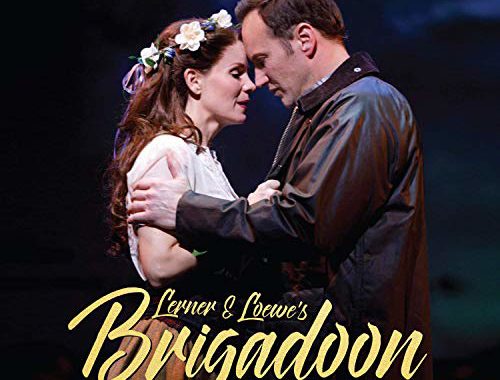Prom 5: BBC Philharmonic Orchestra, Mena, Royal Albert Hall – review
Beginning and ending in C major – but only just (Sibelius’ 7th Symphony is the most equivocal C major in music) – this BBC Philharmonic Prom under their new Chief Conductor Juanjo Mena began by reasserting that there is really only one concert hall in the world which Strauss’ philosophic variations – or much ado about three notes – Also Sprach Zarathustra – can truly inhabit. They must have felt that opening organ pedal all over west London. The sun duly rose, thunderously so, the organ displaying more open stops than at any time during the season, and Stanley Kubrick rested easy.
Good beginnings and endings are crucial in any art form but especially in music. It’s what comes in between that can be problematic. Zarathustra is less interesting musing than dancing and though Mena made a sound case for that big slow (daringly slow) fugue “Of Science” with much concentrated playing from the BBC Philharmonic, the equation still didn’t quite add up. More entertaining by far was the spectacle of genial front desk strings reveling in the lilting ländler of the hero’s “Dance Song” and if the Dionysiac ecstasy wasn’t quite halted as it should be by the tolling of the midnight bell (an actual not tubular bell and a metal striker is called for here) the ending of hypnotic but treacherous flute and piccolo chords would have been lovely had the BBC TV lights not come up prematurely to kill everyone’s concentration.
Concentration was hard in Strauss’ Four Last Songs, too, since Anne Schwanewilms was clearly in some distress. Her choppy phrasing of the opening song “Frühling” might have been explained by an insistence upon keeping it light, crisp, and Spring-like but those glorious long lines were horribly compromised and by the time Schwanewilms removed her coat before the next song one wondered if she was overheating or more to the point feeling faint. Breathing was all over the place in “September” and the tricky climax of the soul taking flight in “Beim Schlafengehen” gave way, the voice dropping out completely. Enough said – a lovely singer in distress.
Plenty of distress in Ingmar Bergman movies and Kaija Saariaho’s Laterna magica (“Magic Lantern”) – alluding as it does to Bergman’s autobiography of the same name – is full of gestural emotion all laid out in that highly textural way of hers. There’s a bit more drama than is usually the case in her pieces – an assertive percussion cadenza for one with a Nielsenesque duel of two timpanists – but the overall impression is more “Cries and Whispers” with words breathily spoken or whispered into wind instruments.
Often beautiful and beguiling, then, but completely inconsequential – a point cruelly underlined by the close proximity of one of music’s most perfectly structured and gloriously inevitable pieces – Sibelius’ 7th Symphony. Lovely violas and cellos as the all-important hymn emerged from the opening pages to morph into an inspirational polyphony. Mena’s reading had a majestic logic to it and come that eleventh-hour C major resolution one felt that for all its equivocation it had been earned.


